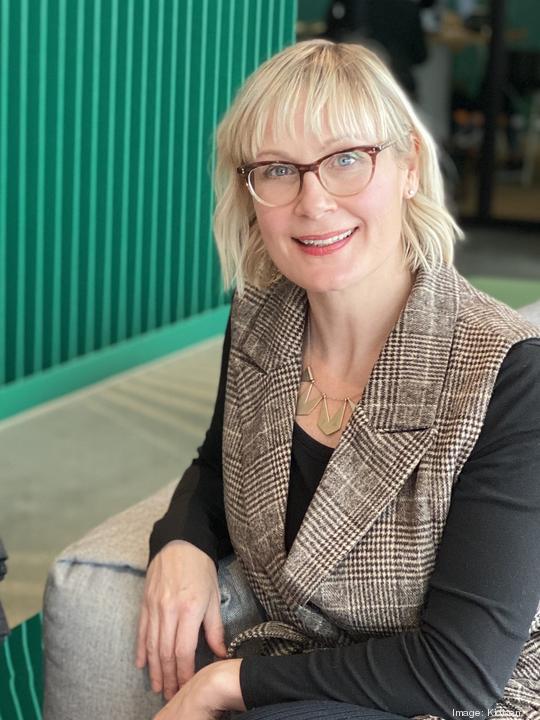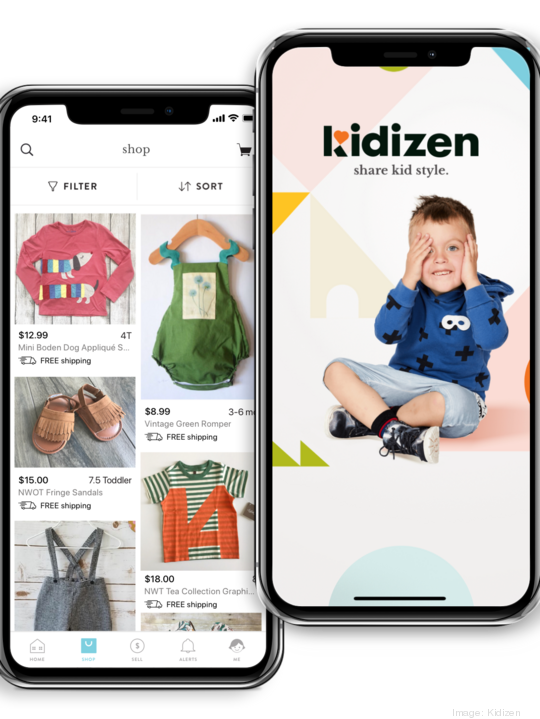
By its CEO’s own admission, Kidizen is flying under the radar.
“Because kids stuff is less sexy than women’s fashion, it doesn’t get as much coverage than others do,” said Dori Graff. “Which is a bummer, but that means we don’t have anyone directly competing in this space.”
Last fiscal year, the Minneapolis-based online resale platform for children's clothing and apparel grew 51% year-over-year. By the first quarter of 2021, it had grown 79% from the same period last year. It now has over 800,000 registered users and posted $3 million in revenue.
Graff, who founded Kidizen in 2014 with Mary Fallon, said the company is still benefiting from a tailwind in the resale industry, and it still hasn’t completely leveraged its competitive advantage.
That tailwind was started in part by people digging through their closets to make extra cash during the pandemic.
In its 2021 annual report, ThredUP Inc., an Oakland-based online consignment and thrift store, projected the secondhand market will double in the next five years and grow 11 times faster than the broader retail clothing sector.
The fact that kids churn through clothes so quickly is one of Kidizen’s primary advantages.
One job parents have is to be a warehouse manager of all the stuff that’s coming into their house, Graff said.

While anyone can list items on the site, the company relies on a network of 150 power sellers it calls “style scouts” to move larger collections of inventory. By using its network of style scouts spread out over 35 states, Kidizen is then able to conduct large warehouse sales.
Brands such as Hanna Andersson, Appaman and Tea Collection send their overstock to Kidizen, who then distribute it to the style scouts. After it's sold, Kidizen gives a cut of the sale back to the brand.
“It keeps us relatively inventory free,” Graff said. “We don’t have to deal with all the warehousing and logistics, we just facilitate it all.”
Kidizen also partners with brands through its Rewear Collective, which allows customers to mail in items from a particular brand, then receive store credit to buy new from that brand again.
This process works beautifully by allowing the brand to recoup some or all of the expense of that credit, Graff said.
The rewear collective currently has 10 brands on board, but Graff said that number is growing now that brands no longer scoff at the resale market.
“They used to think it was going to cannibalize their business,” she said. “Now they realize it’s going to happen anyway, so they might as well get some return on it.”







